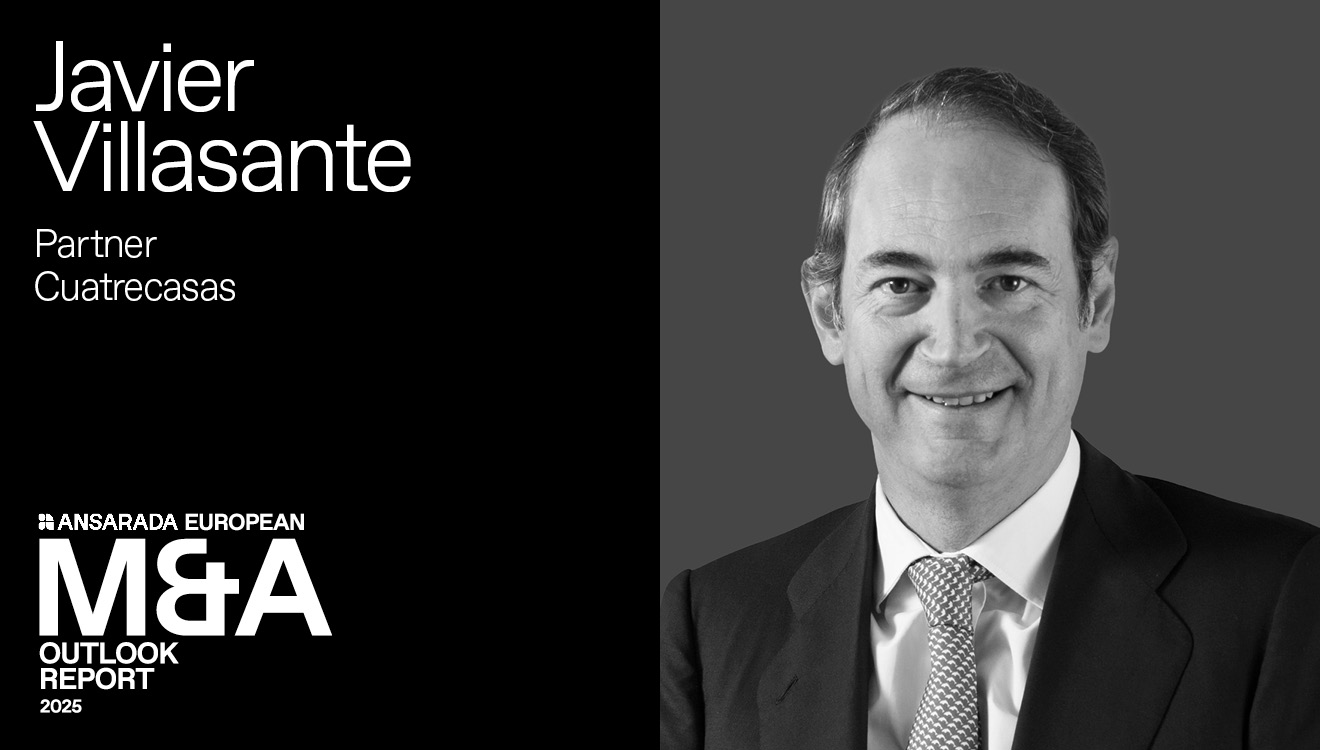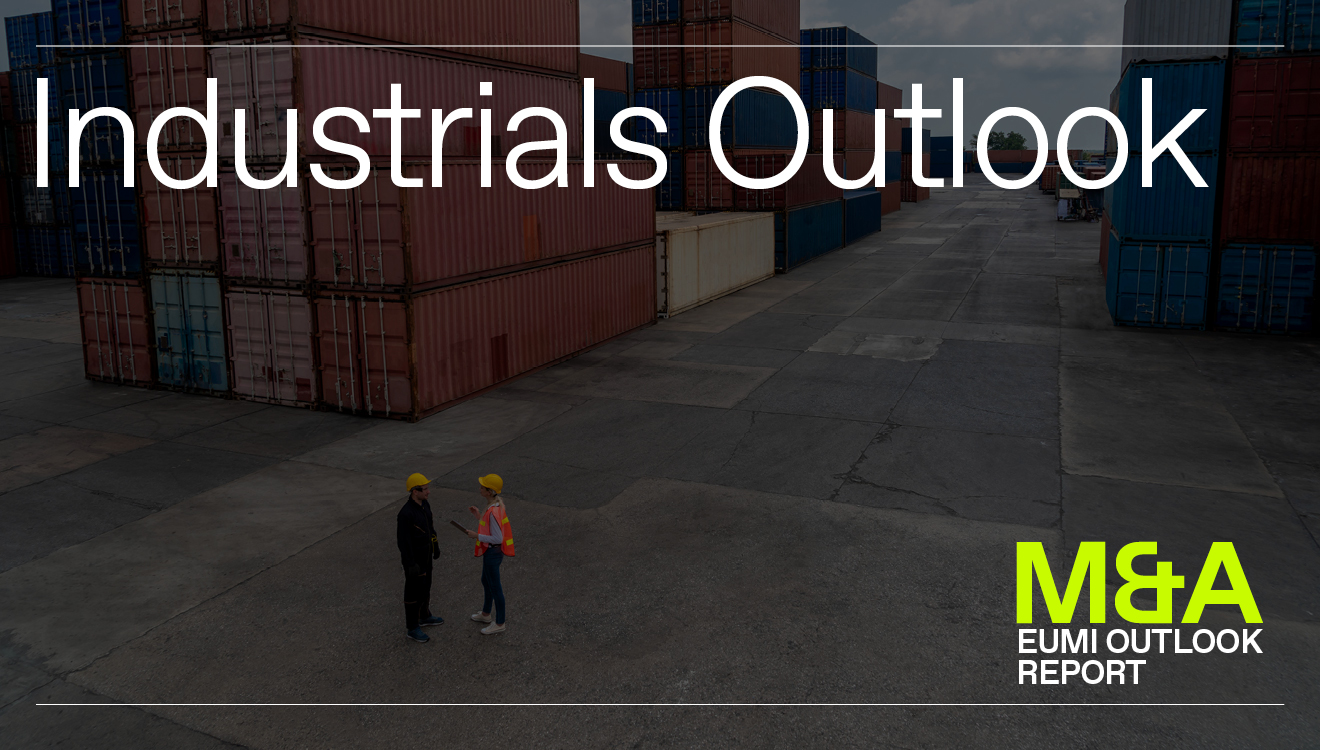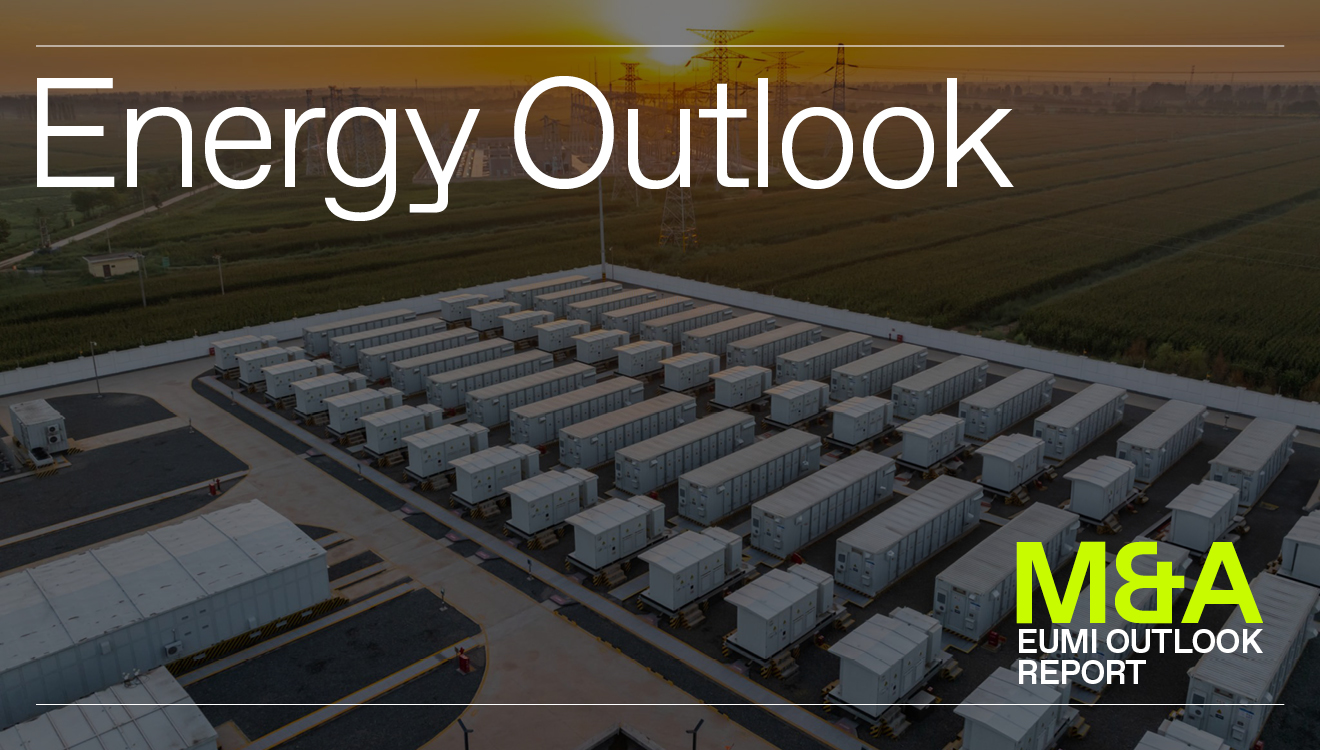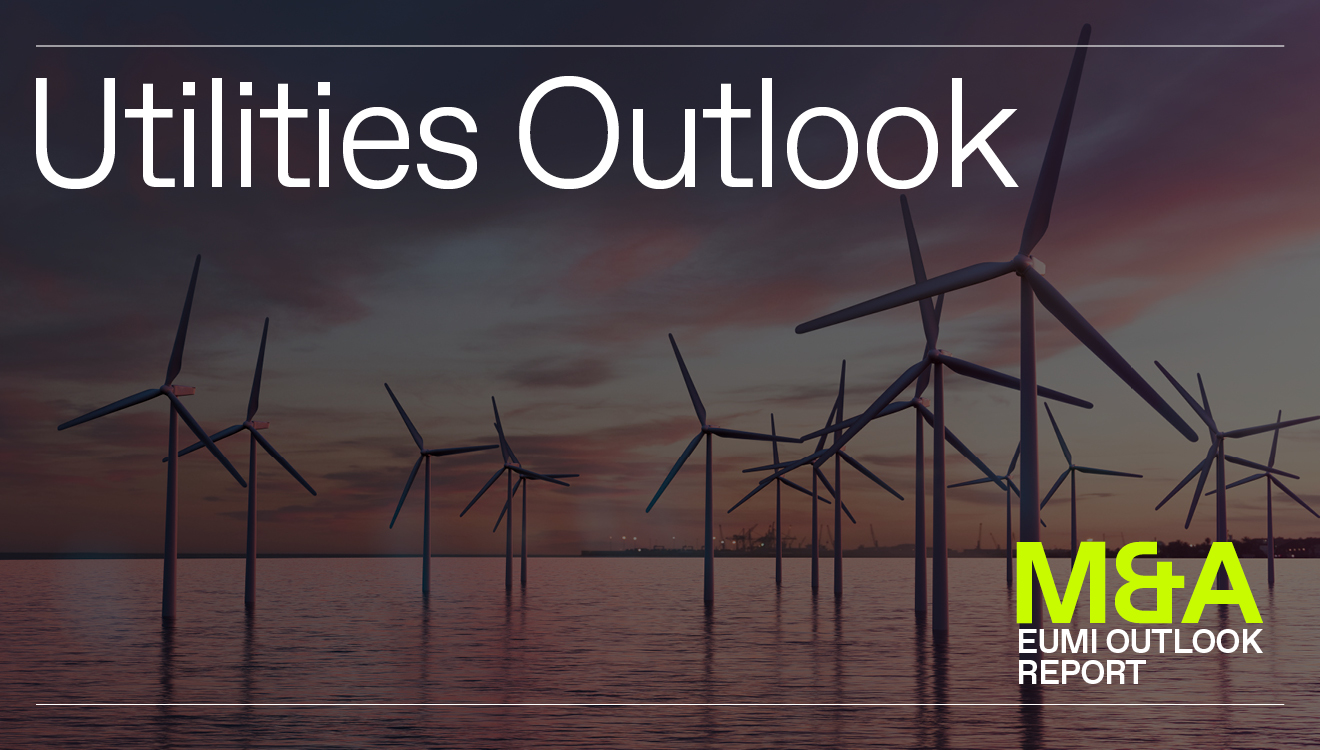Cuatrecasas’ Javier Villansate: Opportunities for PE in the current volatile European climate
Javier explains while the cost of financing remains a challenge, a gradual decline in rates will better equip PE funds to carry out deals.
By AnsaradaMon Apr 07 2025Mergers and acquisitions, Due diligence and dealmaking, Advisors

In this excerpt from our 2025 European M&A Outlook Report, which features insights from 12 leading European dealmakers, Javier Villasante, Partner at Cuatrecasas, discusses the impact of geopolitical uncertainty on M&A, financing and investment and highlights the opportunities for private equity in the current volatile climate.
Global M&A activity in 2024 was on the rise – certainly in value if not volume terms after a disappointing 2023 – do you expect more activity and how do you view the European M&A market for the next 18 months and beyond?
While we have seen an increase of more sizable transactions in the market, overall activity has remained stagnant. Large corporates have been active as they have the financial capacity to secure transactions that align with long-term strategy. They are able to control the issue of financing due to their ability to launch sizable bonds.
The cost of financing has been lowering over the last year or so, but it is still a challenge for smaller companies and private equity firms. These market players still feel that the cost of financing is high – a belief that, in my view, is causing a mismatch between buyer and seller expectations. While sellers are being strict in terms of the price tags they are willing to accept, buyers are needing more time to consider acquisitions. This has resulted in processes taking longer, and we have seen many deals fade away within months.
We have witnessed this trend for a year or so now, and it will take time for the market to change. In 2023, private equity firms were saying that 2024 would be the year we would see a boom in M&A. Yet 2024 was not their year. Now dealmakers are looking ahead to 2025 to see if a significant uptick in activity will materialise. We will need to wait and see how the market develops over the coming months.
How big a topic is antitrust in European M&A? How do you expect this to develop in 2025?
The impact of geopolitical events on investment activity is the most interesting trend I have witnessed in my professional career. Antitrust has been a tool that has helped shape the way in which industries have grown, especially in the United States and Europe.
It is a particularly interesting moment for antitrust as the European Commission (EC) recently appointed a new competition commissioner. Her mission is to find an approach to competition policy that is more supportive of European companies looking to gain scale in the global markets. I think the EC has perhaps realised it has been too rigid in its approach to antitrust, with a wholesale modernisation now needed.
How is ongoing foreign direct investment (FDI) scrutiny impacting deals within the European market? Do you expect greater levels of FDI scrutiny in 2025?
FDI scrutiny appears to be here to stay. It is becoming an increasingly significant element within the M&A process. This is particularly in light of the ongoing commercial war between China and the United States, which is playing a huge role in influencing FDI flows across the globe.
It has become a hot topic within the European M&A market, with an increasing number of countries enacting restrictive FDI regimes. I have been practicing for decades now. When I started, there were certain restrictions on foreign investment into Spain, but the market was liberalised in the nineties. This means most practitioners today do not have experience working within such a restrictive environment.
Putting FDI limits in place is a political tool to control inbound investment into certain sectors. A case in point is the Spanish government recently blocking a Hungarian consortium’s takeover bid for rail equipment manufacturer Talgo on the grounds of national security. We are seeing interventions like this happening more and more.
In 2023, the EU enacted a new foreign subsidies regulation allowing for the investigation of companies receiving subsidies granted by non-EU countries. I see this is a third dimension impacting European M&A, beyond antitrust and FDI scrutiny. It marks the control of companies receiving funds in any given form – including financing from third-party governments. It is a new level of scrutiny that has emerged due to recent geopolitical challenges which will increasingly need to be accounted for within the deal process.
Within this kind of environment, what are the opportunities for private equity (PE)?
Private equity funds are considered neutral from a geopolitical perspective. As such, they have the potential to partner with almost anyone when making investments. This creates an opportunity for PE funds as it generally eliminates geopolitical risk tied to investments. They have the money at hand and are better suited to understand the financial conditions of the market.
While the cost of financing remains a challenge, a gradual decline in rates will better equip PE funds to carry out deals. For this reason, we expect PE funds to be significant players in the M&A industry moving forward. They always have been, of course, but their role will become increasingly relevant over the coming months.


